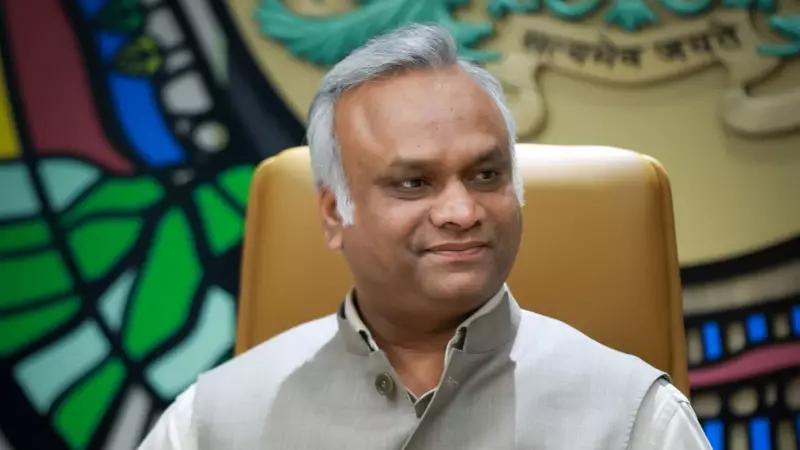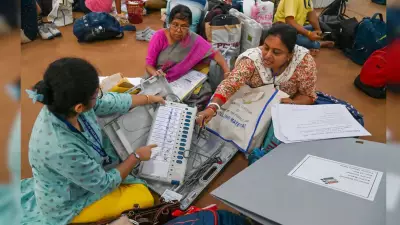
RSS Registration Controversy: Tax Avoidance Allegations Surface
Karnataka Minister Priyank Kharge has launched a fresh attack on the Rashtriya Swayamsevak Sangh (RSS), alleging that the organization deliberately avoided official registration to escape tax scrutiny. The controversy erupted on Monday, November 11, 2025, when Kharge responded to recent statements made by RSS chief Mohan Bhagwat.
Bhagwat's Registration Remarks Spark Political Firestorm
The political confrontation began on Sunday when RSS chief Mohan Bhagwat addressed concerns about the organization's legal status. Bhagwat asserted that after India's independence, the government did not make registration compulsory for organizations like RSS. He defended their current categorization as a "body of individuals" and emphasized that they are a "recognized organization."
In his remarks, Bhagwat dismissed criticism from Congress leaders and specifically addressed the nature of donations received by RSS. He characterized these contributions as "guru dakshina" or teacher's honorarium, claiming this placed them outside the purview of Income Tax regulations.
Kharge's Sharp Rebuke and Tax Evasion Allegations
Priyank Kharge, who serves as a minister in the Karnataka government and is the son of Congress president Mallikarjun Kharge, delivered a sharp response to Bhagwat's claims. Speaking to reporters in Bengaluru, Kharge posed challenging questions about the RSS's special status.
"Can me or you start a body of individuals or association of people and claim donations received as guru dakshina?" Kharge questioned rhetorically. He further challenged, "Will the Income Tax Department and ED allow it? Will government approve?"
The minister didn't mince words in his assessment of RSS's motives. "They are not registering because they will come under tax ambit. Questions will be asked. For this sole reason, they are not registering themselves," Kharge asserted. He concluded with a strong accusation that "They want to be above the law… above the Constitution."
Broader Implications for Organizational Accountability
This exchange highlights ongoing tensions between the Congress party and RSS regarding transparency and financial accountability. The debate centers on whether religious or cultural organizations should enjoy special exemptions from standard regulatory frameworks that apply to other entities receiving public donations.
The timing of these statements is particularly significant as they come amid ongoing discussions about organizational transparency and tax compliance in India. The controversy raises important questions about:
- The legal status of unregistered organizations receiving public donations
- Tax implications for donations classified as religious or cultural offerings
- Equal application of financial regulations across all organizations
- Constitutional obligations of entities operating in India
As the political discourse continues, this confrontation between Kharge and Bhagwat underscores deeper ideological divisions regarding organizational accountability and financial transparency in Indian politics.





